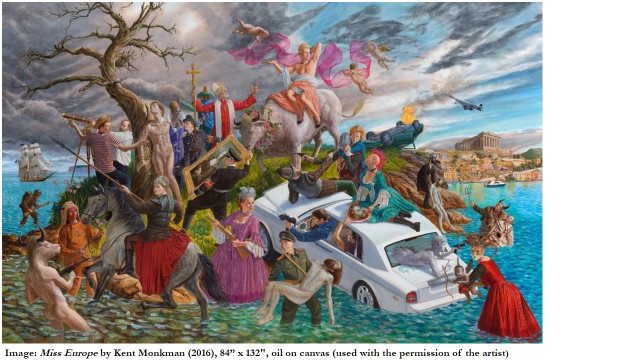A Practical Proposal to Use Venuti’s ‘Minoritizing Translation’ for Native American Literature
DOI:
https://doi.org/10.21992/tc29380Keywords:
Native American literature, minoritizing translation, Spanish literary polysystem, cultural translation, translation strategiesAbstract
In a recent article, I argued that Native American literature, as a minor literature according to Deleuze and Guattari, is a great candidate for being translated in a minoritizing way, as proposed by Venuti. Since this literature is very popular in Spain –13 translations published in the 2010s–, I analysed the most recent translations of Sherman Alexie’s, Louise Erdrich’s and N. Scott Momaday’s novels and concluded that they were aimed at entertainment, at linguistic and syntactic fluency, and at over-refined stylistics. This kind of translation means, hence, the erasure of indigenous cultural and literary aspects from the target texts and the hiding of the socio-political implications of the source texts. In the present article, I insist on the idea that Venuti’s ‘minoritizing translation’ can be adapted to attend to the minor literature features of American Indian books and, consequently, to produce culturally and socio-politically engaged translations. After revising Venuti’s proposal and Tymoczko’s criticism on it, I present a brief description of the translations of works by Alexie, Erdrich, Momaday and Zitkala-Ša, all published during the 2010s. Then, I detail the precise strategies that would help to emphasize the specific characteristics of this literature, and I compare passages from the published translations with my alternative minoritizing translations.Downloads
Published
Issue
Section
License
Authors who publish with this journal agree to the following terms: a.Authors retain copyright and grant the journal right of first publication with the work simultaneously licensed under a Creative Commons Attribution License that allows others to share the work with an acknowledgement of the work's authorship and initial publication in this journal. b.Authors are able to enter into separate, additional contractual arrangements for the non-exclusive distribution of the journal's published version of the work (e.g., post it to an institutional repository or publish it in a book), with an acknowledgement of its initial publication in this journal. c.Authors are permitted and encouraged to post their work online (e.g., in institutional repositories or on their website) prior to and during the submission process, as it can lead to productive exchanges, as well as earlier and greater citation of published work (See The Effect of Open Access).



